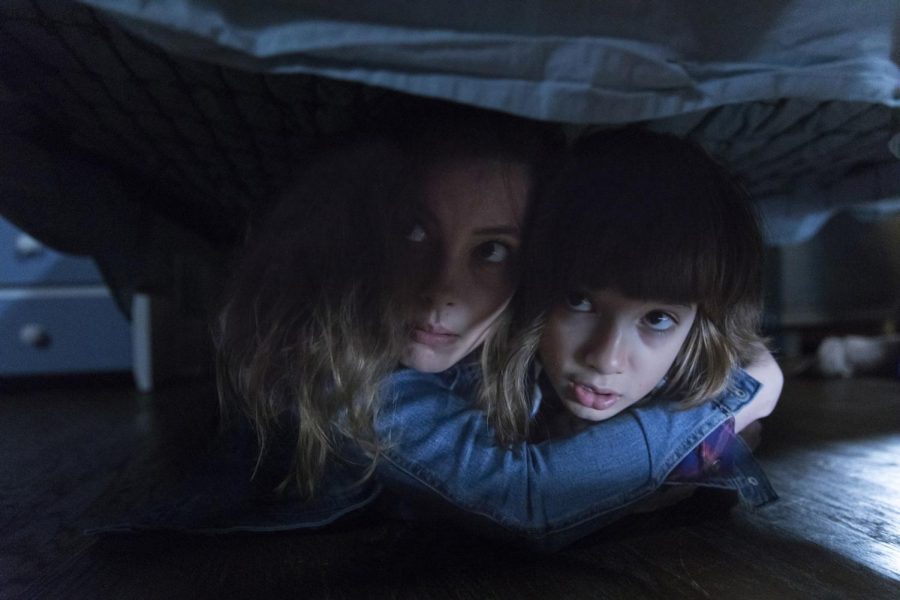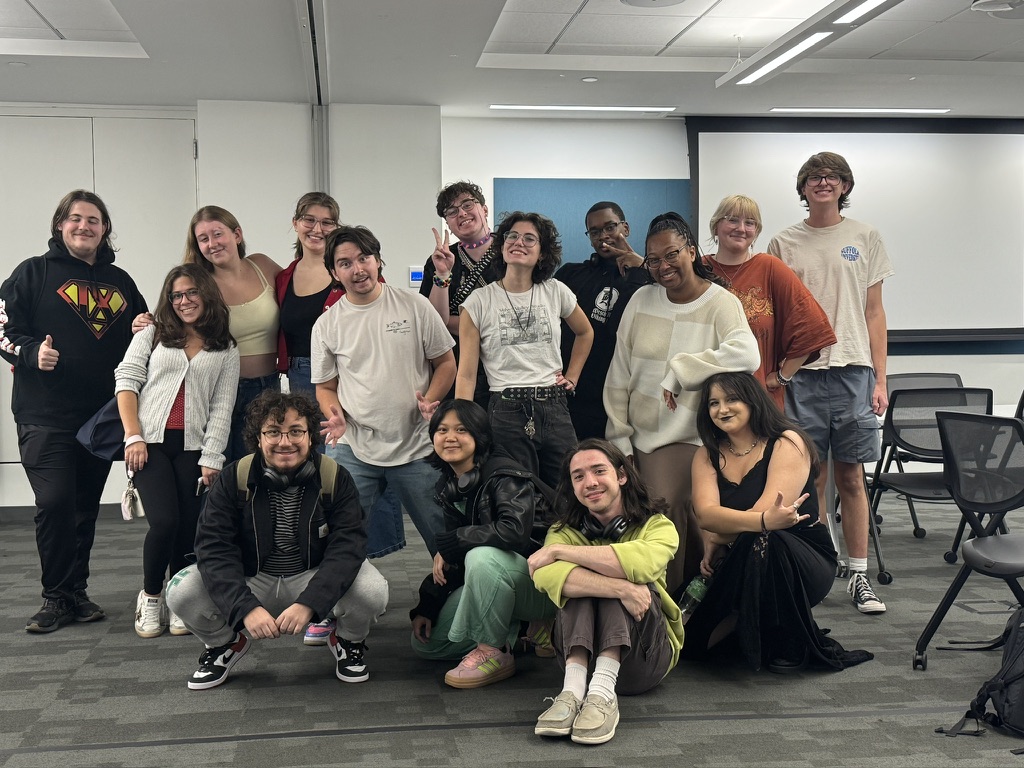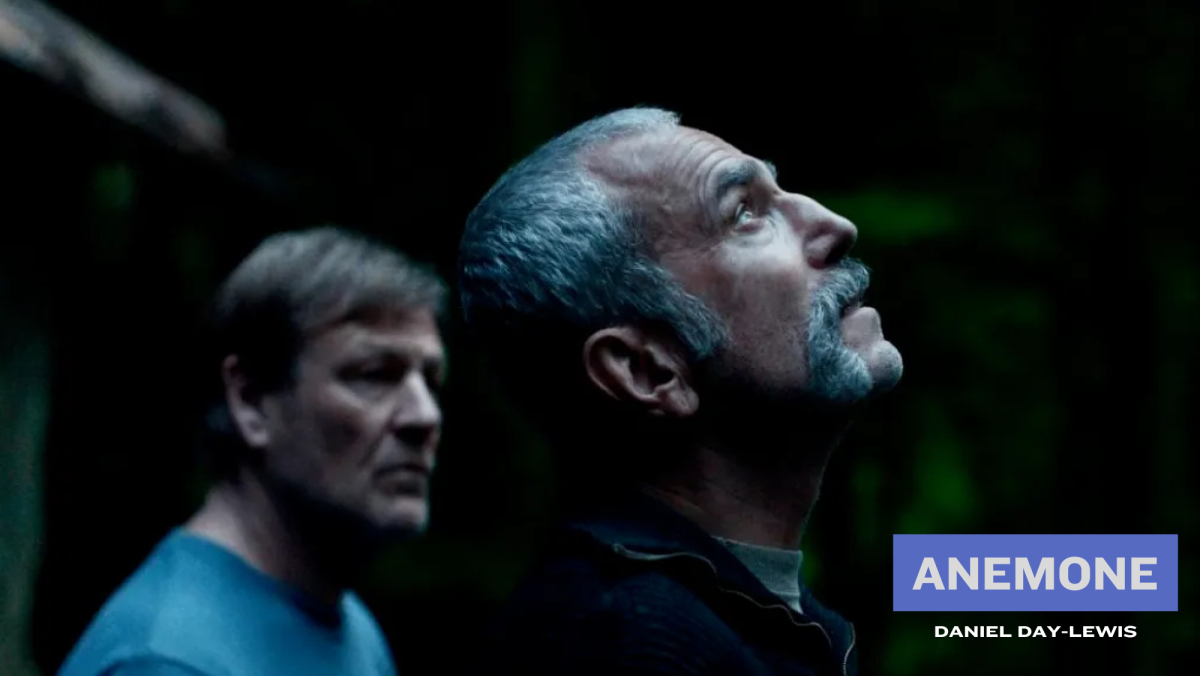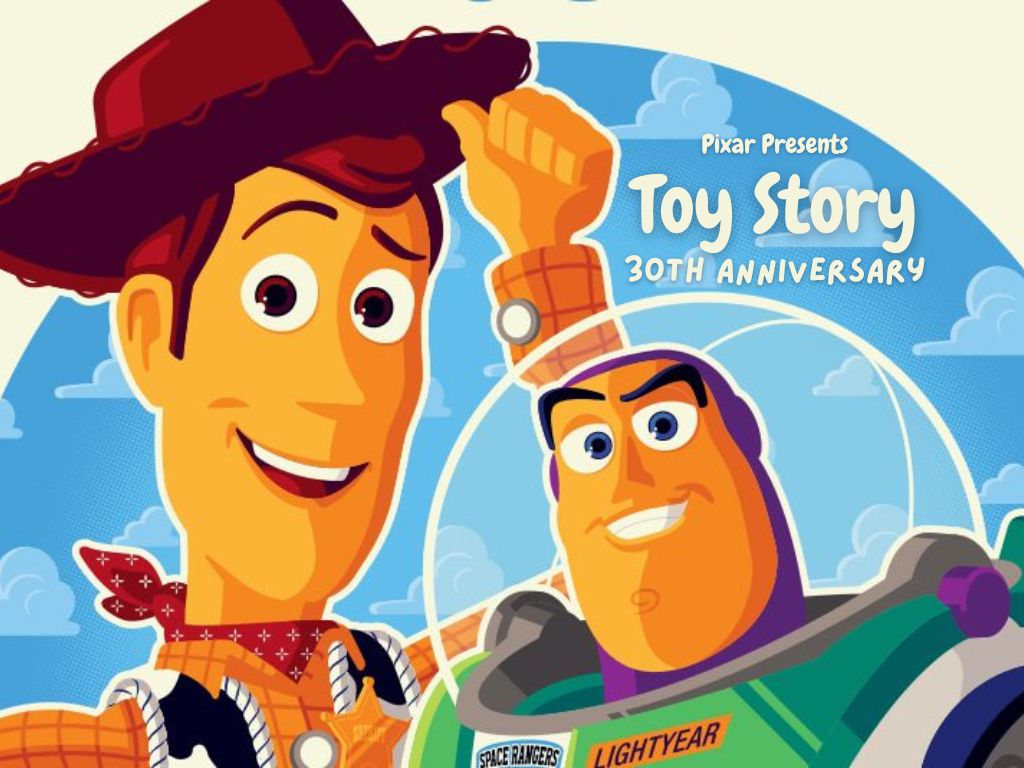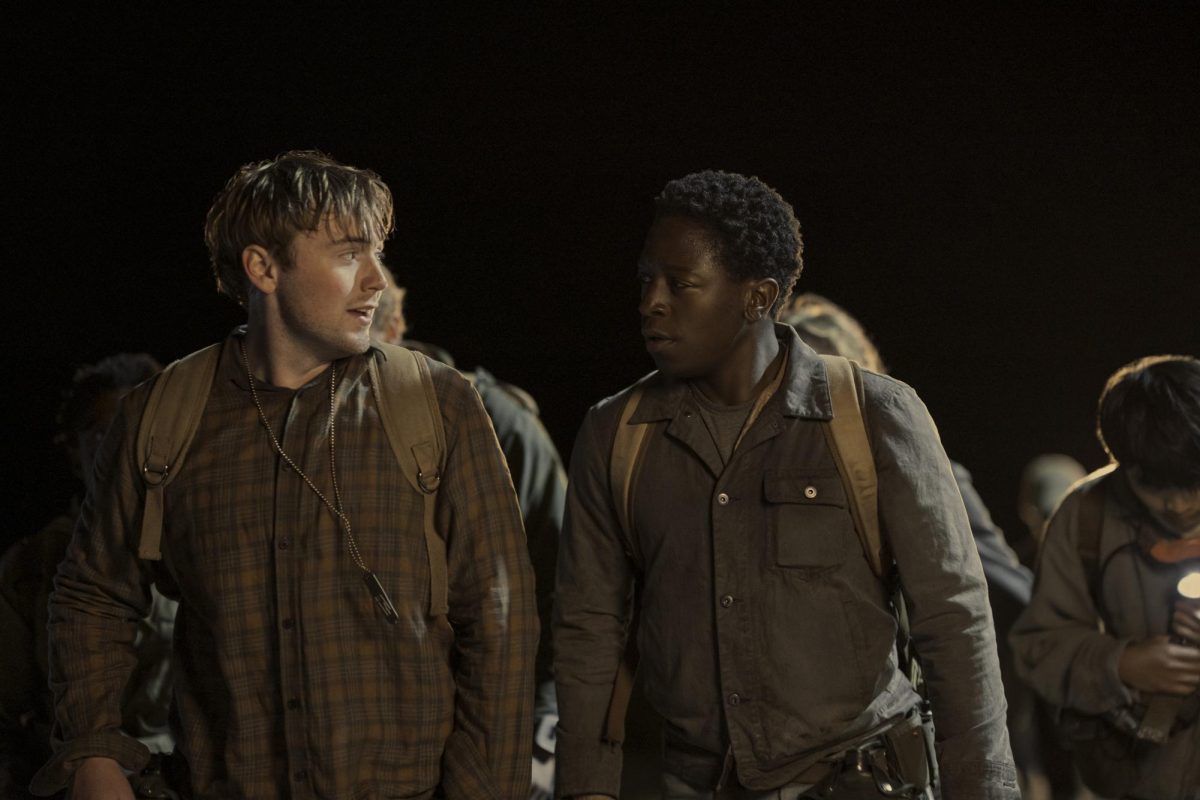On Oct. 30, horror movie fans will be able to screen “Come Play,” a movie focused on a family of three, plagued by otherworldly forces.
The movie, running at an hour and forty-five minutes is time that the audience will never get back. As a PG-13 rating, the movie is already hindered, and it only gets worse from there.
A little boy named Oliver, played by Azhy Robertson, is the central character of the film. Oliver almost immediately comes in contact with supernatural forces as the movie starts. Oliver has a cell phone, something a bit odd for a child to have, but it soon becomes clear that he is reliant on the phone. Unable to speak, due to being autistic, Oliver utilizes an application that speaks for him.
When Oliver comes back to his room after a nighttime escapade into his kitchen, there’s a new book loaded on the phone. As he reads, lights flicker, noises start occurring around his room and he is immobilized with fear.
Then, the audience sees the scene unfold from a different perspective, that of the cell phone. That’s right, the monster is inside the phone. That’s the premise of the entire movie, the unseen horrors of using technology and losing the connections around you. Kind of.
Throughout the film, characters open this book and read. With each page, the environment around them gets more dangerous. Yet not a single person stops reading, despite the signs that there might be something weird going on.
Oliver’s mother Sarah (Gillian Jacobs) and father (John Gallagher Jr.) also begin to notice something is off with Oliver and his bedtime stories. The lack of parental awareness in this film is in fact, the true horror in the movie. The parents of Oliver are sorely lacking and the dialogue in the movie does nothing to help them.
It turns out that the cell phone monster, named Larry, is but a lonely and pitiful thing. He manifests through the book and can only be seen through the lens of a camera. At one point, as Oliver plays with a filter that turns his face into a skeleton, a second face appears in the closet behind him.
Oliver’s mother, ever the terrible decision maker, forces him to have a sleepover. One of the boys finds Oliver’s tablet and begins to read Larry’s story. As he reads, lights begin flickering again, and Larry is spotted for the first time in his own form. He is a tall creepy thin man.
At this point, connections begin to form in the audience’s minds. The two creepiest moments of the film can be connected to real life photos that were popular on CreepyPasta and Snapchat.
The Slender Man from CreepyPasta comes to mind in Larry’s shape and overall presence. The face in the closet was a well-publicized story about a face popping up behind a girl while she used a filter on Snapchat.
At this point, the movie cannot be taken seriously, as it seems like a bad knock off of an already terribly exploited moment in internet history.
The movie finally comes to an end, when Larry manifests in the real world. Even though Oliver’s parents have broken all of their devices, for some reason thinking that would solve the problem.
The monster himself is a joke, he cannot be understood when he speaks, he is not terrifying in the least. Even the jump scares in “Come Play” are lackluster. The story is so ill-defined that the audience is not at all invested in the characters being attacked.
In a moment of mediocre parenting, Sarah takes Oliver’s place as Larry’s target, the first and only good decision she has made throughout the entirety of the movie, and it still feels forced. At the end of the movie, ghost Sarah visits Oliver, proving that even in death she makes bad decisions. Then the movie ends. A sigh of relief is breathed, it is over.
“Come Play” had the chance to promote a strong message about the downside of technology, but it never got the point across. The movie was too busy with not really explaining Oliver and his story, as well as making a monster that in reality is not all that scary and just slightly bothersome. It’s not the worst horror movie ever made, but it certainly left a lot to be desired.
Follow Ashley on Twitter @AshleyFairchi14.


